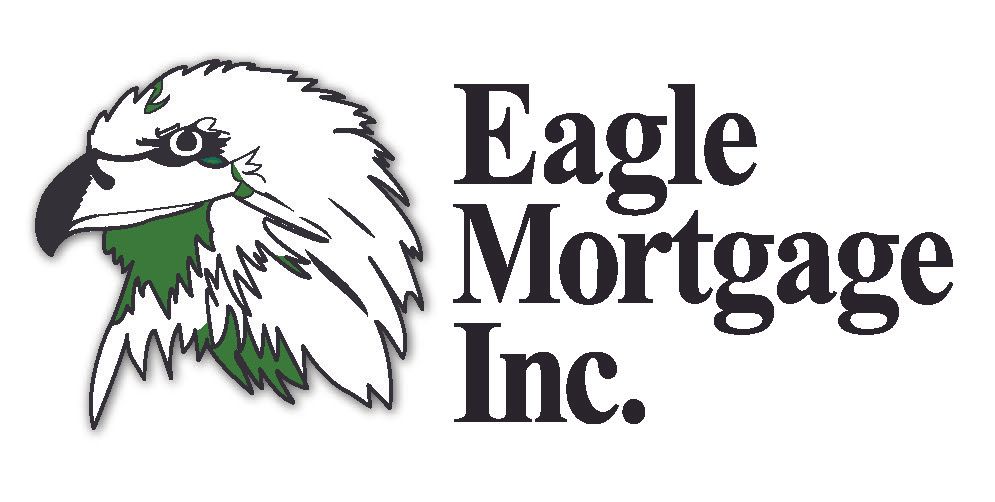When you're in the market for a new home or considering refinancing your mortgage, one of the most important things you'll look at is the mortgage interest rate. But have you ever wondered why these rates go up and down?
Mortgage rates aren’t just numbers that lenders randomly choose—they’re influenced by a range of economic factors. In this blog post, we'll break down the key economic drivers behind mortgage rate changes and what they mean for you as a homeowner or buyer.
Inflation: The Silent Rate Raiser
Inflation is one of the biggest influences on mortgage rates. When inflation rises, the value of money decreases. This means lenders want higher interest to ensure they’re still making a profit in the long run.
How it affects you:
When inflation is high, mortgage rates typically rise, making home loans more expensive. If inflation slows down, rates may fall, making borrowing more affordable.
The Federal Reserve’s Monetary Policy
While the Federal Reserve (or “the Fed”) doesn't set mortgage rates directly, it does control short-term interest rates through its monetary policy. When the Fed raises or lowers the federal funds rate, it influences the broader economy—including mortgage rates.
How it affects you:
If the Fed raises rates to curb inflation, mortgage rates often rise too. If it lowers rates to stimulate the economy, mortgage rates usually follow suit.
Economic Growth and Employment Data
Strong economic growth usually leads to higher wages and more consumer spending. That’s great news for the economy, but it can also lead to higher inflation—and as we've seen, higher inflation tends to push mortgage rates up.
How it affects you:
A booming economy may mean higher mortgage rates. A slowing or uncertain economy may result in lower rates to encourage borrowing and investment.
Bond Market Movements (Especially the 10-Year Treasury Yield)
Mortgage rates tend to move in the same direction as the yield on the 10-year U.S. Treasury note. Investors view mortgage-backed securities and Treasury bonds as similar in risk. When the yield on Treasuries rises, mortgage rates often follow.
How it affects you:
Keep an eye on Treasury yields if you're tracking mortgage rates. They’re a strong indicator of where rates may be headed.
Global Events and Uncertainty
Economic or geopolitical uncertainty (think pandemics, wars, or financial crises) can also influence mortgage rates. In times of crisis, investors typically seek safer investments, like government bonds, which can push yields—and mortgage rates—lower.
How it affects you:
Global turmoil may lead to lower mortgage rates temporarily, creating unexpected opportunities for buyers and refinancers.
Housing Market Conditions and Lender Demand
The basic principles of supply and demand also play a role. If many people are applying for mortgages, lenders might raise rates to balance demand. Conversely, during slower periods, lenders may lower rates to attract more borrowers.
How it affects you:
A hot housing market can sometimes mean higher mortgage rates. Timing your purchase or refinance when demand cools could lead to savings.
Final Thoughts
Mortgage rates are a moving target influenced by many interconnected economic factors. While you can’t control inflation, the Fed, or global events, understanding these drivers can help you make more informed decisions when it comes to buying or refinancing a home.
Tip: Keep an eye on the economic news and consult with a mortgage advisor to lock in a favorable rate when the timing is right.
Want to stay ahead of the market? Subscribe to our newsletter for updates on mortgage trends, home-buying tips, and economic insights that affect your wallet.

